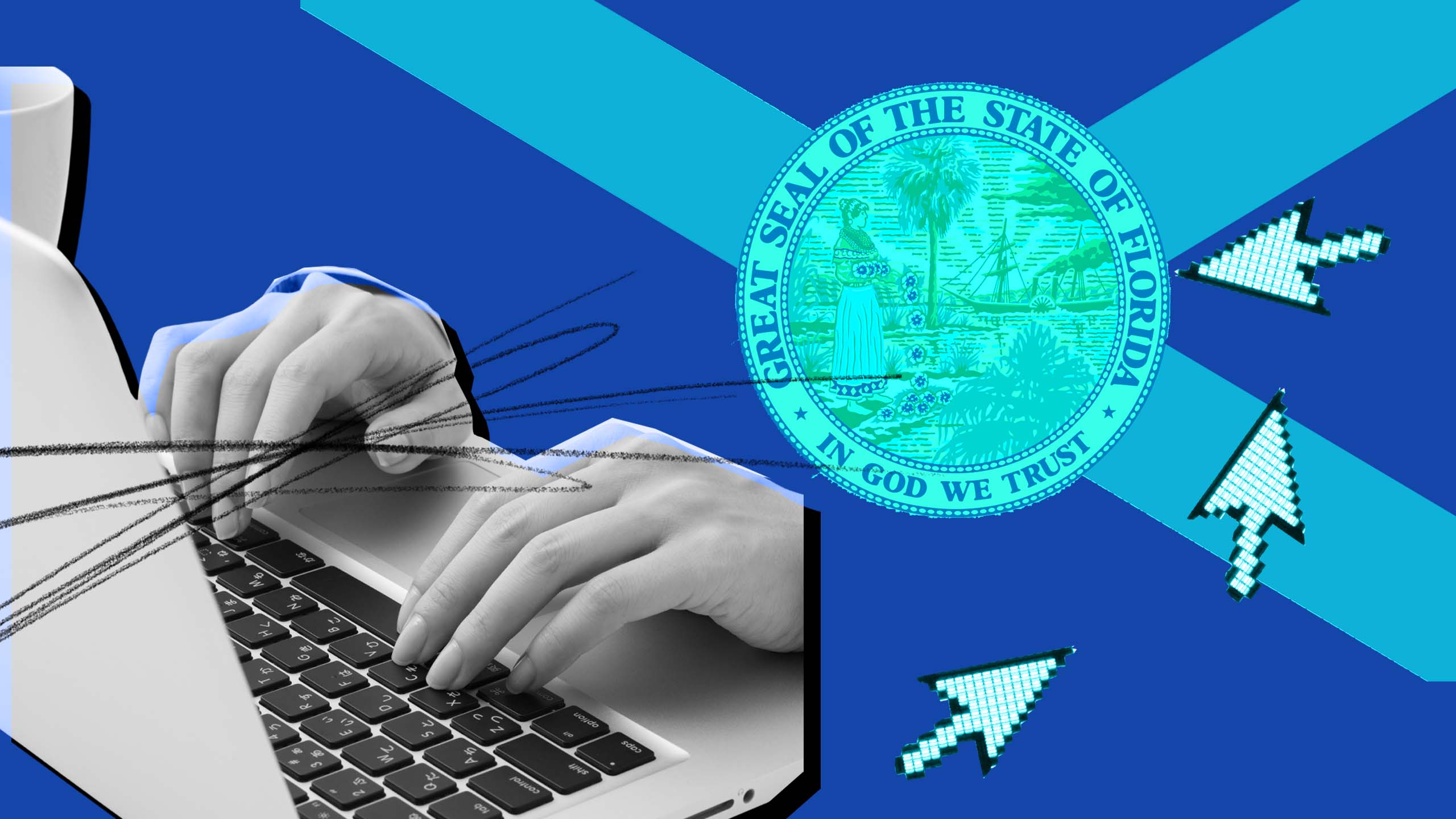A new report finds that America’s historic wave of anti-LGBTQ2S+ legislation is fuelling discriminatory attacks against the community on social media.
The prevalence of grooming narratives surged by 406 percent following the passage of Florida’s controversial Parental Rights in Education bill in March, according to an August 11 study from the Human Rights Campaign (HRC) and the Center for Countering Digital Hate (CCDH). Also known as the “Don’t Say Gay” bill by its opponents, the legislation bans the teaching of LGBTQ2S+ topics in kindergarten through third grade and enables parents to sue school districts over violations of the law.
According to the study, the 500 biggest tweets mentioning “grooming” were viewed over 72 million times between January and July.
Influential supporters of the bill have exacerbated the increase in hateful rhetoric by likening LGBTQ2S+ people to pedophiles. The same month that Florida’s law passed, Fox News host Laura Ingraham claimed that schools have become “grooming centres for gender identity radicals” during a live broadcast. In April, conservative activist Charlie Kirk claimed that same-sex marriage has led to the “corruption” of children.
“Attacking LGBTQ2S+ people under the guise of supposedly protecting children is the oldest, cruellest tactic in the anti-LGBTQ2S+ playbook.”
Florida political leaders have also played a role in furthering anti-LGBTQ2S+ hate. Christina Pushaw, the press secretary of Republican governor Ron DeSantis, tweeted in March that opponents of the “Don’t Say Gay” bill are “probably” groomers. DeSantis signed the legislation into law days after.
DeSantis himself has also claimed that the bill “protects” kids from being “indoctrinated with transgenderism and R-rated lessons about sexuality.”
Florida isn’t the only state to censor LGBTQ2S+-affirming discussions in classrooms this year. Georgia, Indiana, Iowa, Kansas, South Carolina and Tennessee have all introduced their own versions of the “Don’t Say Gay” bill in 2022, while Alabama signed its legislation into law. In April, Virginia governor Glenn Youngkin signed a law requiring schools to notify parents if “sexually explicit content” is taught in class, a policy that critics warned would be used to target LGBTQ2S+ education.
Adam Polaski, communications director for the Campaign for Southern Equality, told Xtra earlier this year that the wave of anti-LGBTQ2S+ legislation is nothing new and that it mirrors a similar pattern of “No Promo Homo” laws passed in the 1980s and ’90s. Several of those laws are still on the books.
“Attacking LGBTQ2S+ people under the guise of supposedly protecting children is the oldest, cruellest tactic in the anti-LGBTQ2S+ playbook,” Polaski said at the time. “It’s disturbing to see this resurgence of curriculum censorship bills in schools, because in recent years, momentum has actually been building to repeal similar laws that have been on the books for far too long.”
The HRC and CCDH report also called into question the effectiveness of hate speech policies from social media companies like Twitter, Facebook, Instagram and TikTok.
According to HRC, Twitter doesn’t properly enforce its own policies banning homophobic and transphobic slurs, with the company failing to act on 99 percent of the hateful tweets reported anonymously by CCDH researchers. CCDH also found 59 paid ads on Instagram and Facebook which promoted the “grooming” narratives.
Previous studies have indicated that LGBTQ2S+ people experience higher rates of harassment online when compared to their straight and cisgender counterparts. According to a 2021 report from the Anti-Defamation League (ADL), 64 percent of queer and trans people say they experience harassment on social media or other platforms, compared to just 41 percent of the general public.
These daily realities place vulnerable communities at risk, according to CCDH CEO Imran Ahmed. “Online hate and lies reflect and reinforce offline violence and hate,” he said in a press release accompanying the report. “The normalization of anti-LGBTQ2S+ narratives in digital spaces puts LGBTQ2S+ people in danger.”


 Why you can trust Xtra
Why you can trust Xtra


